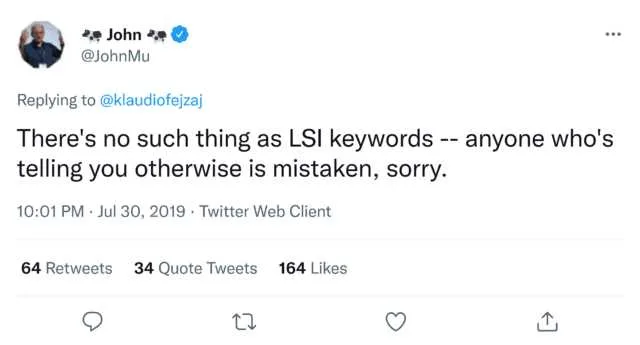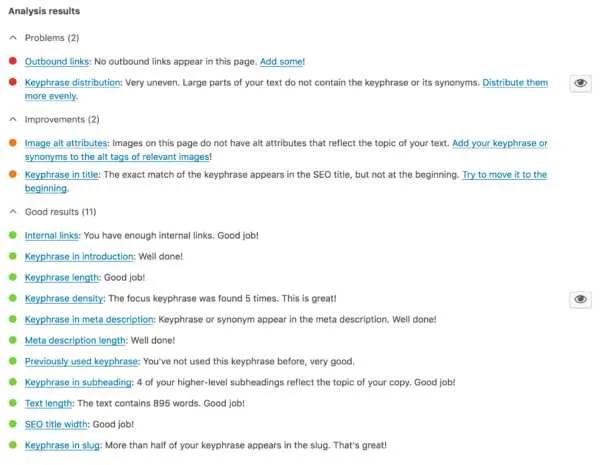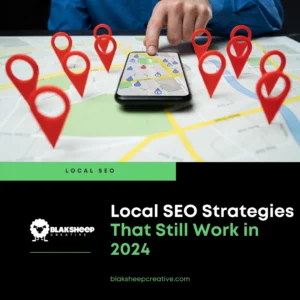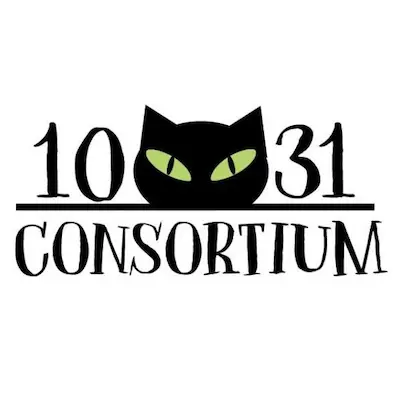As a small business website owner, you’re probably always looking for ways to optimize your site and improve your ranking on search engines. However, with so much information out there, it can be tough to know what’s true and what’s just a myth.
Today, we’re going to bust some of the most common myths about SEO so that you can make sure you’re only putting your time and energy into strategies that actually work.
You may want to also check out our list of marketing myths, and watch as we debunk them one at a time.
SEO Myths That You Should Ignore
Unfortunately, some, if not many, of the items in our following list are preached by self-proclaimed SEO “experts” who are trying to sell you on their services.
Here are five of the most common myths about SEO:
1. Word Count
You may have heard that to rank highly on search engines, your content needs at least a certain word count. However, this is simply not true.
Don’t take our word for it. Google’s own John Mueller has stated multiple times that there is no minimum word count when it comes to ranking a piece of content.
Here’s a tweet from the SEO guru himself. You’ll see it’s seconded by Danny Sullivan, another well-respected SEO thought leader:
It’s almost like we wrote about this recently somewhere 🙂 https://t.co/G6g7hvE7P2 pic.twitter.com/D5c4HQA1lI
— Danny Sullivan (@dannysullivan) September 15, 2022
Of course, this doesn’t mean that you should go out and start churning out 500-word blog posts. Quality is still key, and shorter pieces can sometimes be just as impactful as longer ones.
While it’s important to ensure your content is well-written and provides value to your readers, there’s no magic number when it comes to word count. In fact, some of the most successful pieces of content are relatively short! So don’t feel like you need to add fluff or filler just to hit a certain word count target.
2. Keyword Density
Another common myth is that in order for your content to rank well, you need to stuff as many keywords into it as possible.
Again, we’ll turn to Mr. Mueller for clarification on this one. In another Twitter thread, he said:
💡Does keyword density matter for your rankings?💡
— SEO Marketing Hacks (@hacks_seo) April 15, 2021
According to John Mueller:
“Keyword density, in general, is something I wouldn’t focus on. Make sure your content is written in a natural way.”#seo #seotips #seobasics pic.twitter.com/hkNrWaMSfg
This used to be true years ago, but today, keyword stuffing will actually hurt your ranking rather than help it. Not only will readers be turned off by content that’s crammed full of keywords, but search engines will also penalize you for keyword stuffing. So, instead of cramming in keywords, focus on writing quality content that naturally incorporates relevant keywords.
3. LSI Keywords
Latent semantic indexing (LSI) keywords are words or phrases related to your main keyword but aren’t necessarily synonyms. For example, if your main keyword is “dog,” some LSI keywords might be “puppy,” “pet,” or “animal.” In the past, people believed that using LSI keywords would help improve their ranking because it would show search engines that their content was comprehensive and covered all aspects of the topic.

However, Google has repeatedly stated that they do not use LSI keywords in their ranking algorithm. So while they might still be worth including in your content for the sake of clarity or readability, don’t expect them to give you a boost in the search engine rankings.
4. 3rd Party Metrics and Green Lights on Yoast
If you use WordPress, chances are you’re familiar with the Yoast SEO plugin. This plugin includes a feature that gives your posts a “GP” (green light) rating based on various SEO factors such as keyword density, meta descriptions, and more.

While it’s definitely useful to get an idea of how well your post meets these criteria, you shouldn’t put too much stock in the GP rating itself. Yoast is just one company’s opinion on what makes for good SEO—it’s not an official metric used by Google or any other search engine.
Even Yoast themselves say not to get too hung up on the green light:
“No, not every bullet has to be green to rank. Beware, you shouldn’t just ignore the feedback whenever you want, but always use common sense when optimizing.”
Additionally, similar plugins exist for other CMSs like Squarespace—but again, these should only be used as guidelines rather than concrete evidence of how well your post will perform in the search engine rankings.
5. “SEO is easy.”
Last but not least, one of the biggest myths about SEO is that it’s easy—anyone can do it! While it is true that anyone can learn the basics of SEO, it takes a lot of time and effort to stay up-to-date on the latest trends and algorithm changes. It also requires constant monitoring and tweaking in order to keep your site ranking high. So if someone tries to sell you on the idea that SEO is easy and requires no maintenance, they’re probably not being truthful!
Conclusion:
SEO is an important part of any small business website owner’s marketing strategy—but unfortunately, there’s a lot of misinformation out there about what does and doesn’t work when it comes to SEO.
In this blog post, we busted some of the most common myths about SEO so that you can separate fact from fiction and focus on strategies that will actually help improve your ranking. By busting these myths, we hope we’ve saved you some time and energy so that you can focus on creating quality content that will help take your small business website to new heights! Thanks for reading!
If you need help with your website’s SEO or are looking for someone to manage your digital marketing, contact us today! We’re always happy to help small businesses grow their online presence!















































